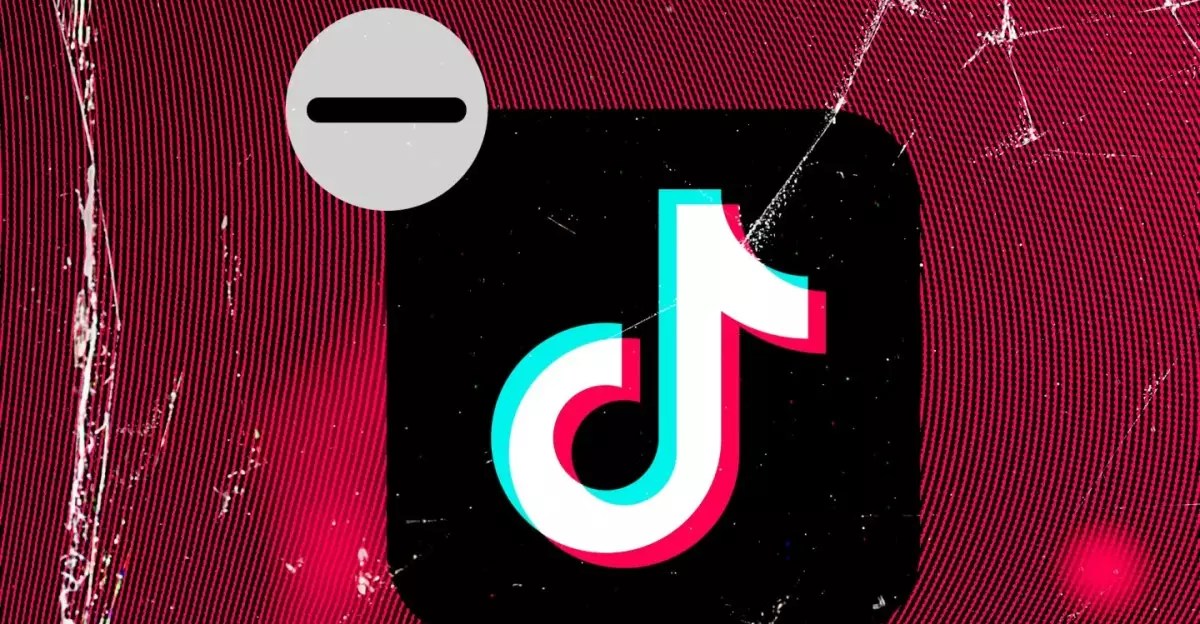The tumultuous journey of TikTok in the United States has taken yet another turn, as Apple and Google have reinstated the platform to their respective app stores for iOS and Android devices. More than three weeks after being effectively banned, TikTok’s listing is back. This sudden revival follows an intricate interplay of legal, political, and corporate factors that underscore the complexities firms face in the digital age. The initial removal stemmed from a law targeting apps developed by Chinese company ByteDance, raising concerns over user data privacy and national security.
The reinstatement of TikTok was not merely a corporate decision; it was influenced heavily by legal assurances. US Attorney General Pam Bondi’s communication with Apple clarified that the company wouldn’t face penalties for its decision to host the app. This development illustrates the extent to which governmental assurances can sway corporate behavior. Prior to this, both tech giants operated under the looming threat of substantial fines, which weighed heavily on their decision-making processes. While President Trump’s executive order momentarily staved off immediate enforcement of the ban, the uncertainty surrounding potential penalties kept both companies on high alert.
Compounding these corporate pressures is the political climate surrounding TikTok. With discussions of a potential sale circulating, Vice President JD Vance plays a pivotal role in overseeing negotiations. The U.S. government’s involvement in the fate of a popular social media platform emphasizes the intersection of technology and governance. Moreover, the political narrative encasing TikTok reflects broader concerns regarding foreign influence in the digital landscape, particularly how data privacy is perceived across borders. It begs the question: to what extent should governments intervene in technology markets, and how do such actions influence free enterprise?
For millions of users, the return of TikTok signifies a reprieve from a potential digital void. As the app reestablishes itself in the app stores, one can ponder its future trajectory. Will TikTok continue to thrive, or will regulatory and market pressures ultimately stifle its growth? The US market has become increasingly competitive, and user tolerance for instability in app availability may wear thin. Additionally, the ongoing scrutiny about data practices means that TikTok must remain proactive in reassuring both users and regulators regarding data safety.
The reinstatement of TikTok serves as a notable case study on the fraught relationship between technology, regulation, and geopolitics. As the platform finds its footing once again in the app stores, watchers will be keen to observe how it navigates the complex landscape of user preferences, regulatory scrutiny, and political pressures. The outcome of ongoing negotiations about a potential sale and the challenges ahead will ultimately shape TikTok’s presence and influence in the highly dynamic social media arena. The path forward remains cautious at best, highlighting the delicate dance that continues between innovation and regulation.


Leave a Reply